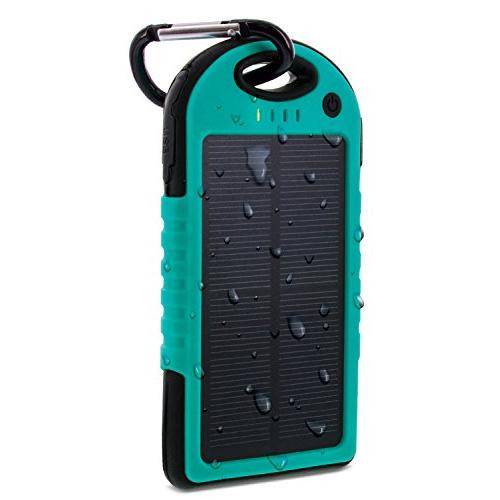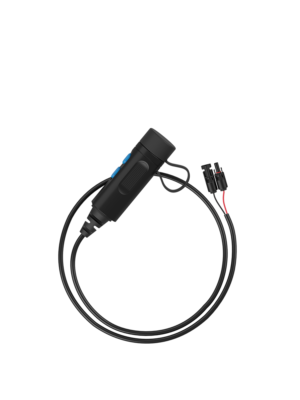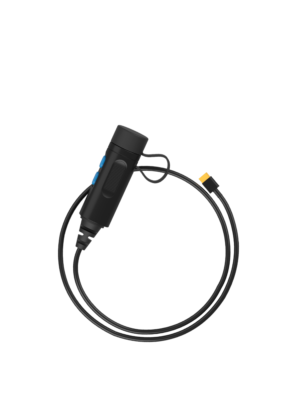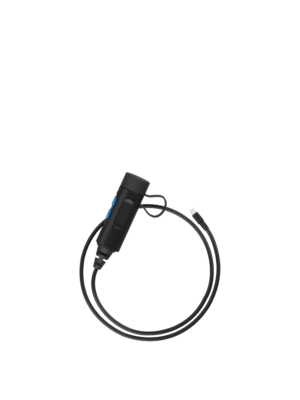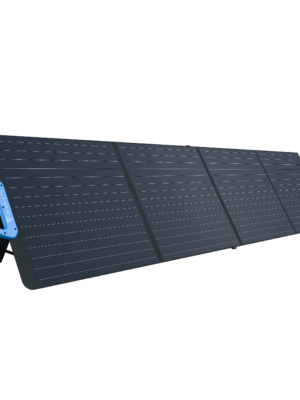Subtotal: $19.99
Sharing AI-generated images on Facebook might get harder… eventually
That one aunt of yours (you know the one) may finally think twice before forwarding Facebook posts of “lost” photos of hipster Einstein and a fashion-forward Pope Francis. On Tuesday, Meta announced that “in the coming months,” it will attempt to begin flagging all AI-generated images made using programs from major companies like Microsoft, OpenAI, Midjourney, and Google that are flooding Facebook, Instagram, and Threads.
But to tackle rampant generative AI abuse experts are calling “the world’s biggest short-term threat,” Meta requires cooperation from every major AI company, self-reporting from its roughly 5.4 billion users, as well as currently unreleased technologies.
Nick Clegg, Meta’s President of Global Affairs, explained in his February 6 post that the policy and tech rollouts are expected to debut ahead of pivotal election seasons around the world.
“During this time, we expect to learn much more about how people are creating and sharing AI content, what sort of transparency people find most valuable, and how these technologies evolve,” Clegg says.
[Related: Why an AI image of Pope Francis in a fly jacket stirred up the internet.]
Meta nebulous roadmap centers on working with “other companies in [its] industry” to develop and implement common identification technical standards for AI imagery. Examples might include digital signature algorithms and cryptographic information “manifests,” as suggested by the Coalition for Content Provenance and Authenticity (C2PA) and the International Press Telecommunications Council (IPTC). Once AI companies begin using these watermarks, Meta will begin labeling content accordingly using “classifiers” to help automatically detect AI-generated content.
“If AI companies begin using watermarks” might be more accurate. While the company’s own Meta AI feature already labels its content with an “Imagined with AI” watermark, such easy identifiers aren’t currently uniform across AI programs from Google, OpenAI, Microsoft, Adobe, Midjourney, Shutterstock, and others.
This, of course, will do little to deter bad actors’ use of third-party programs, often to extremely distasteful effects. Last month, for example, AI-generated pornographic images involving Taylor Swift were shared tens of millions of times across social media.
Meta made clear in Tuesday’s post these safeguards will be limited to static images. But according to Clegg, anyone concerned by this ahead of a high-stakes US presidential election should take it up with other AI companies, not Meta. Although some companies are beginning to include identifiers in their image generators, “they haven’t started including them in AI tools that generate audio and video at the same scale, so we can’t yet detect those signals and label this content from other companies,” he writes.
While “the industry works towards this capability,” Meta appears to shift the onus onto its users. Another forthcoming feature will soon allow people to disclose their AI-generated video and audio uploads—something Clegg may eventually be a requirement punishable with “penalties.”
For what it’s worth, Meta also at least admitted it’s currently impossible to flag all AI-generated content, and there remain “ways that people can strip out invisible markers.” To potentially address these issues, however, Meta hopes to fight AI with AI. Although AI technology has long aided Meta’s policy enforcement, its use of generative AI for this “has been limited,” says Clegg, “But we’re optimistic that generative AI could help us take down harmful content faster and more accurately.”
“While this is not a perfect answer, we did not want to let perfect be the enemy of the good,” Clegg continued.
Please Support Our Sponsors
Solar Power Generator Discounts Along With Free Shipping
- 10% OFF for Jackery Solar Generator 2000 Pro Series with code "JADEAL"
- 10% OFF for Jackery SolarSaga 200W Solar Panel with code "JADEAL"
- 10% OFF for Jackery Solar Generator 1500 Series with code "JADEAL"
- 10% OFF for Jackery Solar Generator 1000 Series with code "JADEAL"
- 10% OFF for Jackery Explorer 1500 Portable Power Station with code "JADEAL"
- 10% OFF for Jackery Explorer 1000 Pro Portable Power Station with code "JADEAL"
- 10% OFF for Jackery Explorer 500 Pro Portable Power Station with code "JADEAL"
- 10% OFF for Jackery Explorer 300 Pro Portable Power Station with code "JADEAL"
- 10% OFF for Jackery SolarSaga 100W Solar Panel with code "JADEAL"
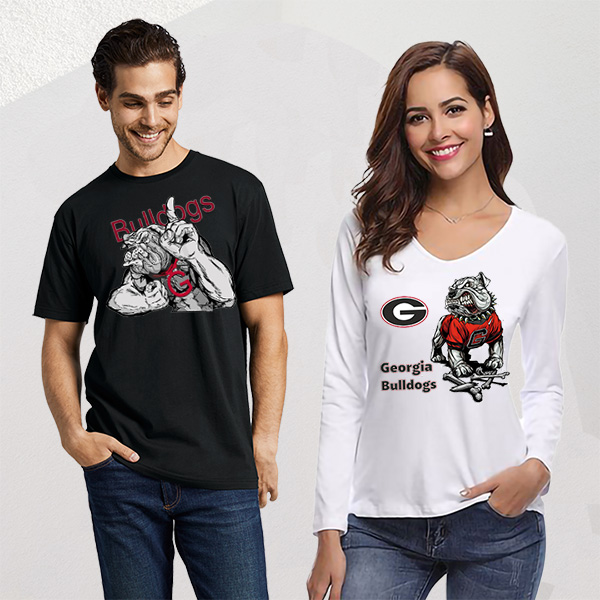
The University of Georgia is represented by the Georgia Bulldogs . The Bulldogs participate in the Southeastern Conference's (SEC) Eastern Division of the NCAA.
They play their home games in the storied Sanford Stadium in Athens, Georgia. The first season in Georgia was in 1892. In 1942, 1980, and 2021, the Georgia Bulldogs won three national championships.
The Georgia Bulldogs have additionally been crowned the National Champion in four additional seasons by at least one polling organization (1920, 1927, 1946 and 1968).
The Georgia Bulldogs are tied for second place in conference history with their 15 conference titles, including 13 SEC titles, and their 59 bowl appearances, which ranks second all-time.
In addition, the program has produced five top picks in the National Football League (NFL) draft, two Heisman Trophy winners, numerous winners of various national honors, and many others.
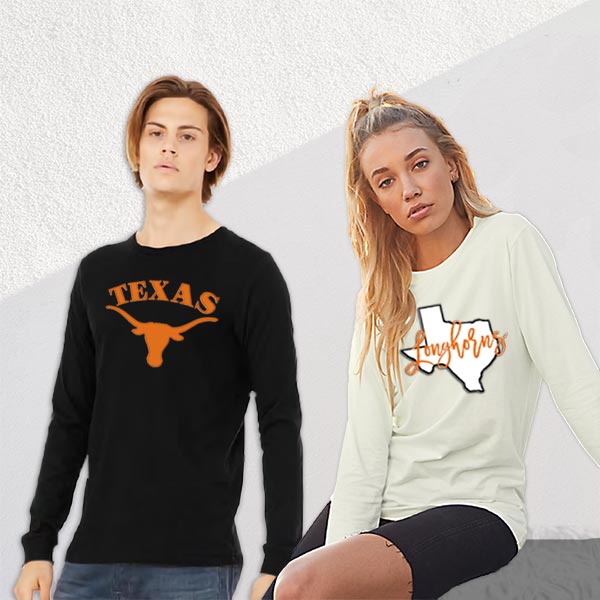
Longhorns football represents the University of Texas in Austin often known as Texas, UT or the Texas Longhorns. The Longhorns represent the Big 12 Conference in the NCAA Division. They play in Austin, Texas, at the Darrell K. Royal-Texas Memorial Stadium.
The Texas Longhorns are ranked third and seventh, respectively, in terms of all-time wins and win-loss records, with over 900 victories and an overall win-loss percentage of.705.
The legendary program also boasts four national titles, 32 conference titles, 100 First Team All-Americans, and two Heisman Trophy winners.
Get your Texas Longhorns Revival T-Shirt today. The Texas Longhorns Rustic Revival shirt is also a fan favorite.
Many college sports fans like to wear their gear all around town, get your Texas Longhorns Centered gear and show your support.




 REMAX 15W Magnetic Wireless Foldable Fast Charging Dock
REMAX 15W Magnetic Wireless Foldable Fast Charging Dock 
 Gettr
Gettr
